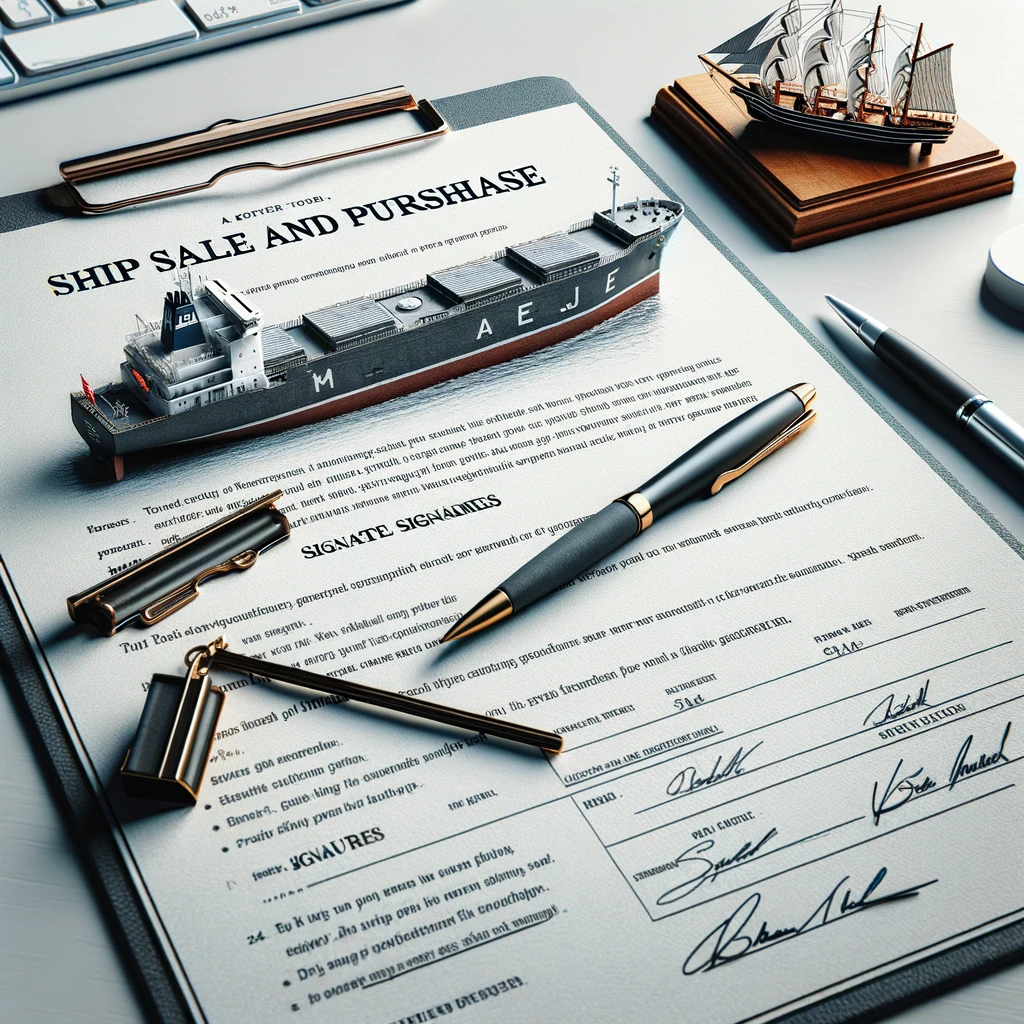
These operators had incorporated POs into their time charter contracts, allowing them to buy ships from Japanese owners. Following the purchase, operators took advantage of the weaker yen to sell these vessels as second-hand. To compensate for the shortfall in ships, they are looking to charter vessels on short to medium-term contracts from foreign shipowners.
In particular, some of Japan’s leading maritime operators have utilized the Purchase Option (PO) for bulk carriers chartered from Japanese shipowners. After exercising the PO, the operators sold the vessels on the second-hand market. The decision to exercise the POs was influenced by robust dry market conditions and the presence of a weak yen market, with exchange rates around 149 to 150 yen to the dollar. Following the exercise of the POs, the Japanese operators plan to replenish their fleets by entering into short and medium-term charter contracts with foreign shipowners.
Some Japanese operators have been exercising Purchase Options (POs) on bulk carriers that were delivered between 2013 and 2014.
The shipping market experienced a significant downturn following the Lehman Brothers collapse in September 2008, but it saw a rebound during 2011 and 2012. “Currently, the POs being exercised are for high-cost bulk carriers that Japanese operators chartered from Japanese shipowners in the post-Lehman shock period of 2011-2012. These vessels are now approaching the end of their 10-year charter period,” according to a maritime industry insider.
A PO typically allows the operator to unilaterally decide whether to exercise or not exercise the option.
POs are often targeted at bareboat charters (BBC) from Japanese shipowners by foreign operators. It’s common for the PO to be set for exercise 3 to 5 years after the start of the BBC charter.
For foreign operators, the decision to exercise the right depends on the shipping market conditions at the time of the PO. If the market value exceeds the PO price, they will exercise the option, allowing them to sell the vessel in the second-hand market or earn revenue through freighting operations. Conversely, if the market conditions are below the PO price, they can choose not to purchase the vessel and return it to the Japanese shipowner.
This time, it appears that Purchase Option (PO) clauses were incorporated into the contracts between domestic Japanese operators and Japanese shipowners.
The inclusion of POs in time charter contracts has been a contentious issue between operators and shipowners. Generally, as POs are seen as favorable to operators by providing a “purchase option,” some shipowners have been reluctant to include such clauses.
According to industry insiders, the concept of POs as a contractual condition did not exist in the 1980s. The shipping downturn of the late 1990s brought a crisis to the Japanese maritime industry.
During that period, foreign operators helped rescue Japanese shipowners who were struggling to find takers for their newbuilds by entering into time charter contracts for these vessels.
There’s a view that foreign operators included POs, conditions favorable to themselves, in contracts with Japanese shipowners as a way to secure their interests, especially in the face of ongoing market downturns, ensuring a form of risk mitigation.
PO contracts are still commonly used today, especially in bareboat charter (BBC) arrangements. Given their operator-friendly nature, PO clauses are typically found in operator-led projects.
For instance, an operator might order a new vessel from a shipyard, with the shipowner agreeing to purchase the vessel upon completion, a scenario that sometimes includes a PO for the operator.
The Japanese operators who have exercised their POs may also consider replenishing their fleets by acquiring vessels from foreign shipowners.
The maritime giants had previously locked into high-cost, long-term charter contracts with Japanese shipowners during the market upswing of 2011-2012, prior to the Lehman Shock.
The vessels subject to the recently exercised POs by Japanese operators were such high-cost ships.
Japanese operators were aware that the financial obligations from these high-cost, long-term charters remained even over a decade after the Lehman Shock.